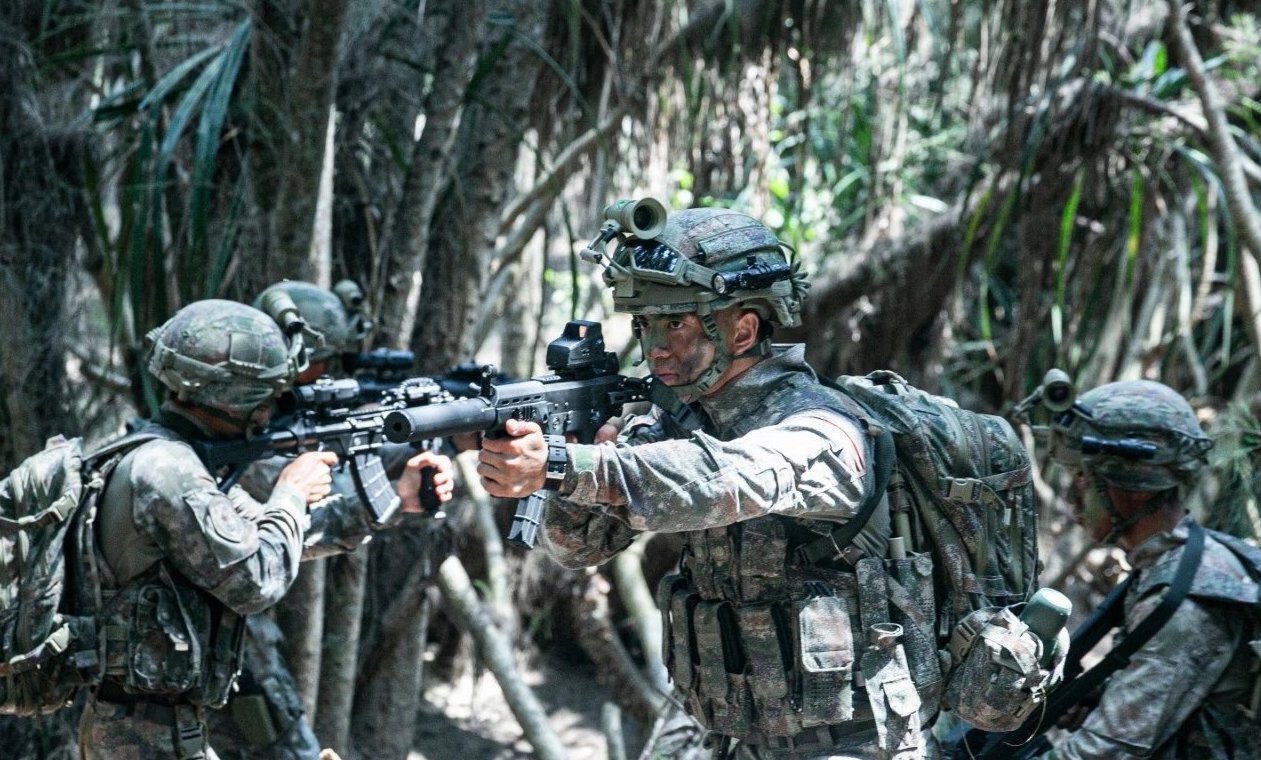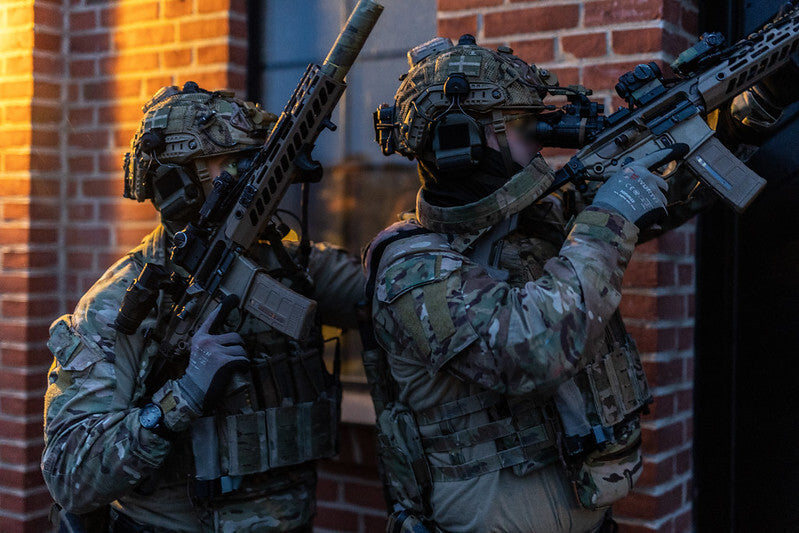
Watching Ukraine, Chinese general calls for unconventional warfare capabilities
Illustrative photo via china-arms.com
BEIJING (Reuters) - Drawing lessons from the Ukraine crisis, a top Chinese general urged greater integration of novel capabilities, including artificial intelligence, with conventional warfare tactics ahead of any confrontation with the West.
A new genre of hybrid warfare has emerged from the Ukraine conflict, with the intertwining of "political warfare, financial warfare, technological warfare, cyber warfare, and cognitive warfare," General Wang Haijiang, commander of the People's Liberation Army's (PLA) Western Theatre Command, wrote in a front-page article in an official newspaper on Monday.
In the name of national security and to fend off perceived threats from the West, Chinese efforts to prepare the country for security challenges have not relaxed despite a slowing economy and COVID-19. Defence spending is set to rise for the eighth straight year in 2023.
The scale and sweep of Chinese military preparations are closely watched not just by the West, but also by China's neighbours and democratically governed Taiwan, which China claims as its own.
"At present and in the future, local conflicts and turmoil are frequent, global problems are intensifying, and the world has entered a new period of turmoil and change," Wang wrote in Study Times.
"Various 'black swan' and 'grey rhinoceros' events may occur at any time, especially with the containing, encircling, decoupling, suppressing, and military threats of some Western nations," he continued.
Despite the hundreds of billions of dollars poured into defence spending, China's armed forces do not have much recent experience in a hot war, with its last - and brief - military conflict in 1979 with Vietnam.
The ability to win is needed to maintain national security, Wang wrote.
The PLA's combat-readiness in a hypothetical war has become a focus in recent months as China flexes its military muscle over Taiwan, putting itself in potential conflict with the United States.
Washington has a policy of "strategic ambiguity" over whether it would intervene militarily to defend Taiwan, but is bound by law to provide the island with the means to defend itself.
China will seek new military advantages by building up capabilities in areas such as artificial intelligence, information networks, and aviation and space, Wang said.
In a separate rare critique in January reflecting on lessons learned from the Ukraine war, the PLA Daily noted Russia's military flaws, including the need to improve its "situation awareness" in the battlefield.
(Reporting by Ryan Woo. Editing by Gerry Doyle)









